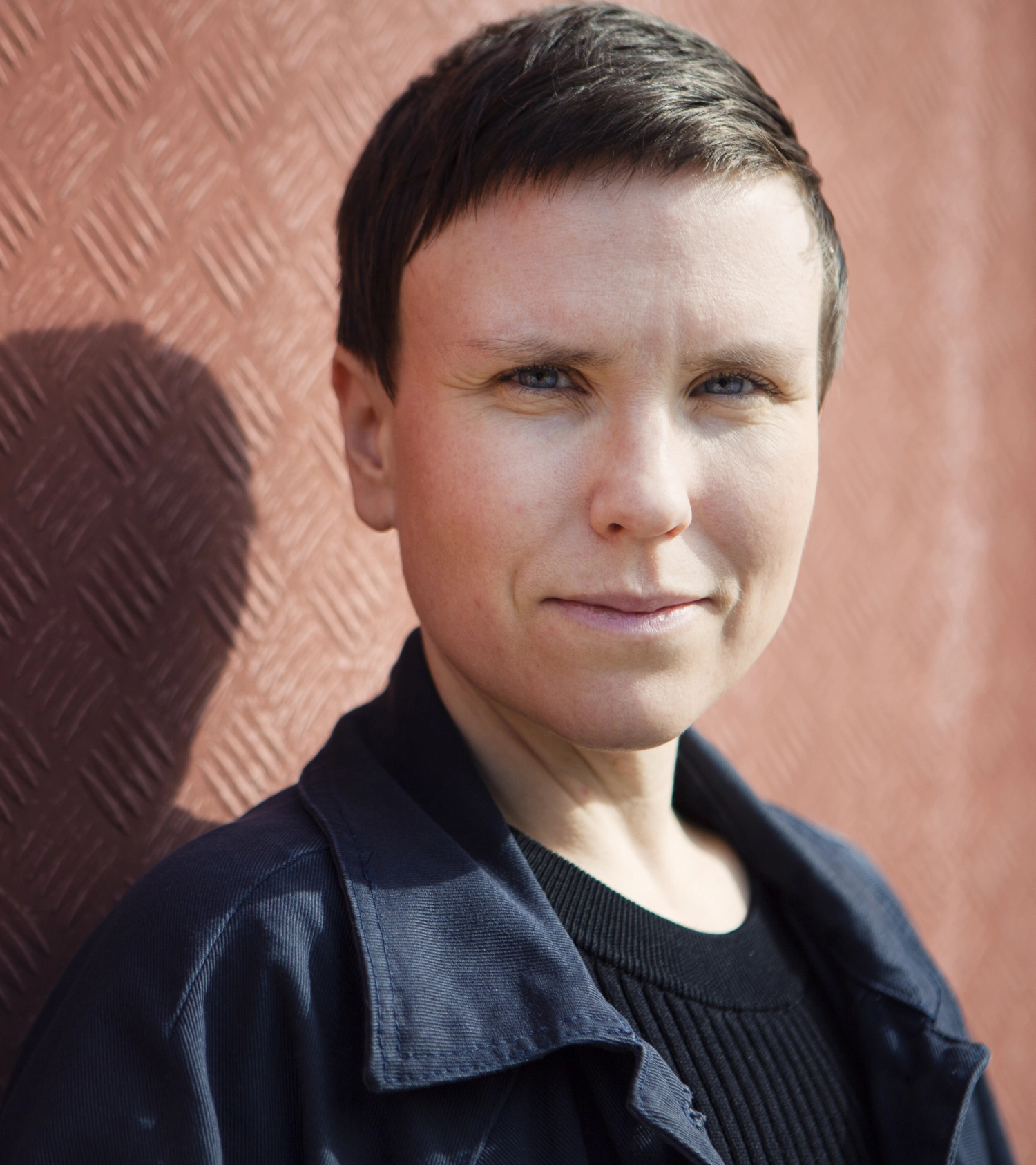If sporadic pandemic lockdowns continue, they are likely to create significant challenges of identity, connectedness, and equity of education for children in disadvantaged communities, according to Australian Catholic University’s education expert Dr Paul Kidson.
Dr Paul Kidson, education expert at ACU and former high school principal, warned lockdowns created significant challenges for children in disadvantaged communities.
He said access to technology was only part of the problem and blanket policies for all areas failed to acknowledge different community needs, both culturally and linguistically.
“A centralised policy response is likely to work for some and likely not to work for others,” Dr Kidson said.
One example is New South Wales where refugee and Culturally and Linguistically Diverse (CALD) communities are concentrated in ‘socio-educationally’ disadvantaged schools.
The COVID-19 lockdowns have been much harder on these CALD communities due to:
- Lack of Government resourcing
- Poor COVID-19 communications and
- Not enough teaching resources, including digital technology and internet access.
Rather than support refugee and CALD communities to navigate the challenges of the pandemic, these three factors collectively contributed to further marginalisation and inequity of opportunity.
In addition, a majority 82.5% of the average Australian household have internet access compared with 65.4% for the NSW suburbs such as Warrawong, Port Kembla, Lake Heights, and Cringila. This had serious implications for online learning.
ACU’s Dr Paul Kidson said, “CALD communities were an afterthought in the pandemic response. Tragically, we can expect the education gap to have worsened in CALD communities during lockdowns.”






